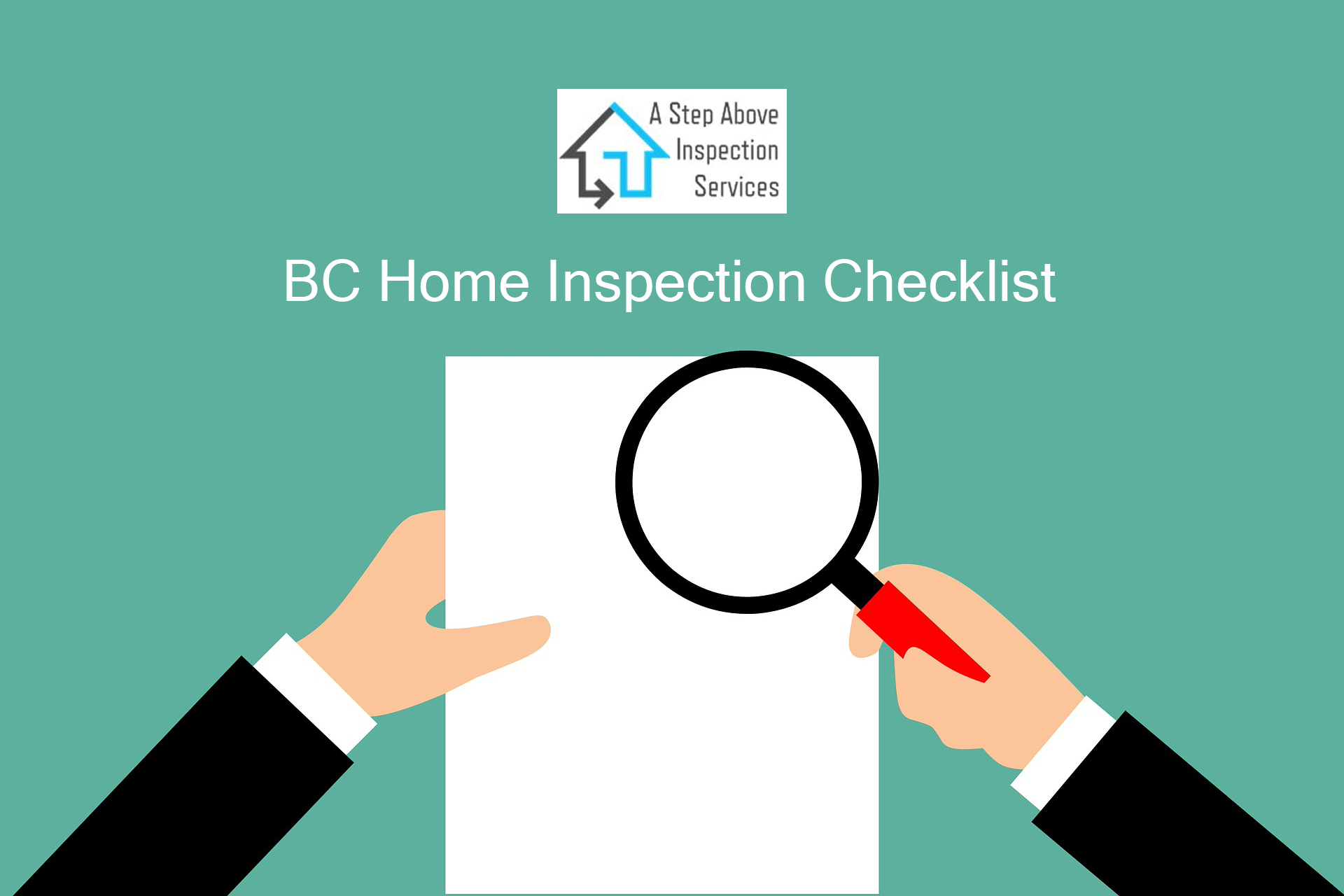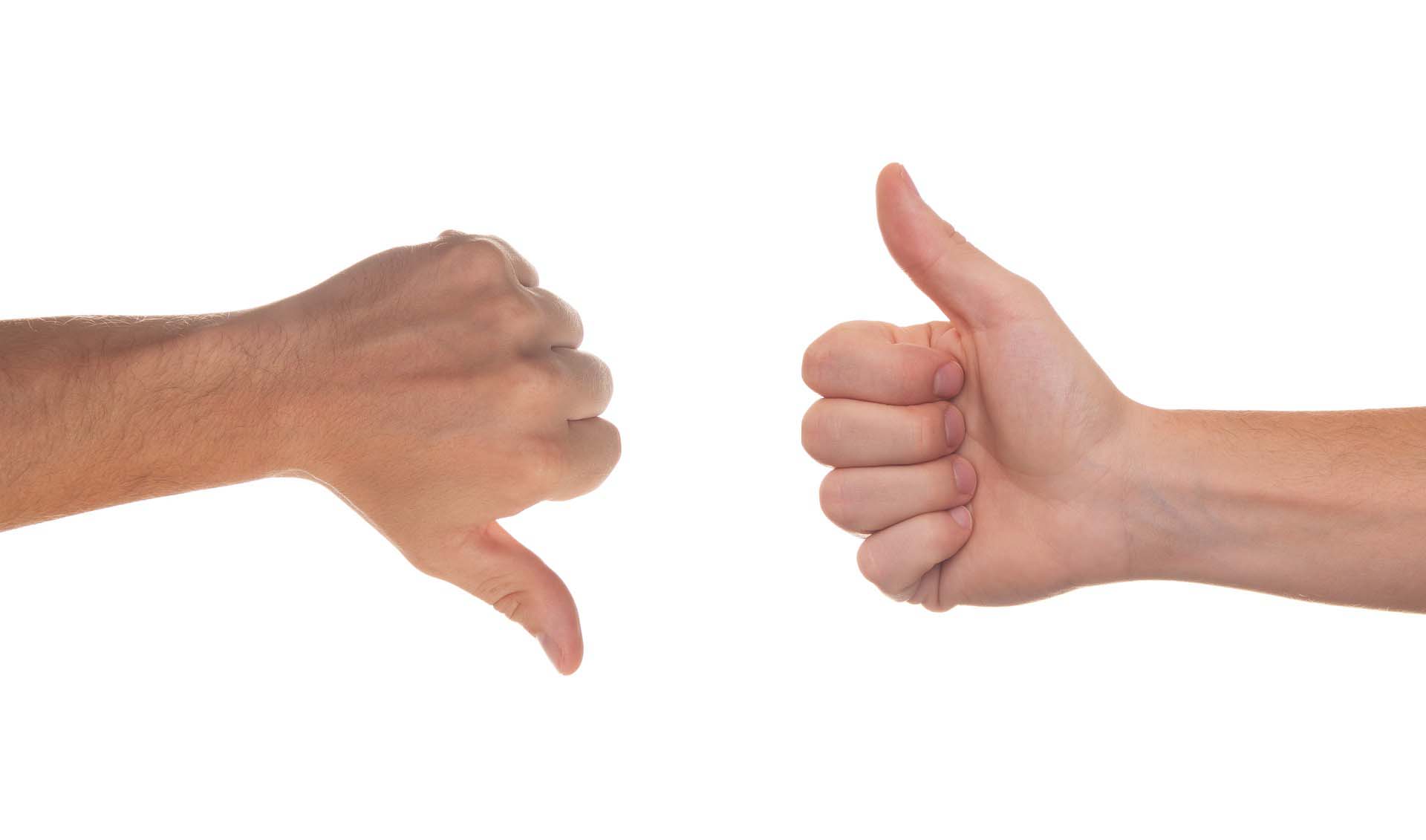For most of us, buying a home is the biggest investment decision we’ll ever make. Before purchasing real estate, you should hire a home inspector to properly evaluate the house and give you peace of mind. You need to be absolutely sure there are no hidden defects that will cost you money in the future.
A home inspector takes a thorough look at a residential property – including the home’s exterior, interior, and critical components like heating, plumbing, and air conditioning – then creates a detailed report with their findings.
As a buyer, hiring a good home inspector may save you a ton of potential repair money and make your life easier in the long run. If your home inspector finds damage or anything needing repair, you could get the seller to fix it, renegotiate, or if it’s a deal breaker – just walk away.
We recommend that you join your inspector for the final 60 to 90 minutes of the home inspection to thoroughly review any deficiencies, recommendations, and to learn the locations of important items like water shut offs, main gas lines, and regular maintenance areas. At a minimum, you should meet with your inspector after the inspection to review their summary of findings and recommendations.
7 Things to Consider When Choosing a Home Inspector in Canada
Home Inspection companies range from national chains to independent businesses and every company has different certifications, reporting methods, policies, and costs. Here are 7 factors to keep in mind before settling on a home inspection company in Canada.
1. Training & Experience
When you’re investing in real estate, it’s good to work with a home inspector who knows how buildings actually work. If you can find an inspector with a background in a related industry like construction, plumbing, or electrical, they will have a deeper understanding of building systems and be better at identifying potential problems. Home inspectors with advanced training and accreditation in specialized areas of expertise like, water well, pool, radon gas, air quality, mold, or commercial building inspection are likely to have more experience that may prove valuable during inspection.
No matter their background, an experienced home inspector is more likely to find a problem or required repair than a new inspector with an untrained eye. An experienced inspector may be able to save you a fortune in repairs. Find out how long your inspector has been in business and how many inspections they’ve done over the past year. To be safe, hire a full-time Home Inspector who is a member of the right professional associations – not a part-time worker.
2. Licensing & Credentials
You can learn a lot about a potential Home Inspector by asking about their credentials and certification level. Qualified home inspectors should be able to provide you with details like their license number, advanced certifications, and insurance without delay. Qualifications range from the most basic association membership with no Home Inspection courses to advanced government regulated training, certified examinations, and specialization in areas like wood-burning appliances, pools, and air safety.
In British Columbia, all Home Inspectors must be licensed through Consumer Protection BC, pass the provincially-approved Canadian Home Inspector Exams as members of the Home Inspectors Association of BC (HIABC), and conduct themselves in accordance with HIABCs Code of Ethics.
The Accredited Home Inspector (AHI) designation is the highest level of knowledge and certification available in British Columbia, Canada. AHI members must complete advanced training, undergo a federal & provincial vetting process, and showing evidence of work experience. If you live in BC, you should always try to hire a home inspector with the AHI designation.
To keep both you and your home protected throughout the inspection process, every tradesperson and certified inspector on your property should have adequate insurance. In BC, Home Inspectors need a minimum $1 million coverage for Errors & Omissions with water ingress and Commercial General Liability. Step Above Home Inspectors have all obtained their AHI designations and carry adequate liability coverage.
 3. Professional Reputation
3. Professional Reputation
If you ask friends for a word-of-mouth referral, you may end up hiring someone who needed a bit of help but not necessarily the most thorough inspector. Before booking a home inspector, buyers should do some online research using platforms like Google, Yelp, and Homestars. Nowadays, good companies are backed up by good reviews and professional online references. If a company has bad writeups, unhappy comments, or no reviews (major red flag), you should search for a different Home Inspector.
4. Home Inspection Technology
Technological advances in home inspections tech like videography, thermal imaging, and mobile software reporting have enabled faster, more precise, and safer inspections. Without the newest systems, inspectors can easily miss serious safety issues like insulation failures, foundation cracks, roof problems, or radon gas leaks that are above national guidelines but that the seller may have neglected to report.
At Step Above, we use the latest photography, 360 degree imaging, infrared thermography, moisture detection, and digital measurement systems to provide clear evidence of invisible issues and inspect hard-to-see places throughout the interior and exterior:
- High definition, zoomable and 360-degree images
- Infrared cameras
- Digital gas meters and moisture reading components
- Digital testing equipment
- Digital inspection reports you can share with family, realtors and professional contractors
5. Quality of Reporting
You can judge a home inspector based both on what they’re able to find, the types of services on offer, and how well they communicate their findings. There shouldn’t be any secrets before, during, or after your home inspection. After all, it is your home.
Many home inspectors now provide comprehensive digital reports with video, audio, and zoomable diagrams. Digital inspection reports become very helpful when you want to share certain information with contractors for roofing, electrical work, or renovations. Going digital also means you can safely back-up your report to your computer or a trusted cloud service.
Our home inspection reports include high-definition photography and video, audio, 360-degree cameras, zoomable imagery, infrared camera imagery, and diagrams that let you highlight & write comments, and share only what you want with outside parties.
6. Fees & Cost Schedule
Be cautious about purchasing home inspection services from any company charging less than the market rate – they may not be qualified for the job and might not even be a licensed Home Inspector. Most Home Inspectors in the Okanagan area have similar price points and should disclose their costs before you book their services.
On average, a single-family home inspection in British Columbia, Canada costs between $450 to $500 and takes around three hours. If you’re buying or selling a house, have a look at our residential inspection rates in the Central Okanagan British Columbia.
 7. Some Home Inspectors Travel!
7. Some Home Inspectors Travel!
If you live in a small town, you might find home inspectors with more experience and better qualifications in your neighboring city. Buyers should always make sure the inspector they pick is available to travel – especially if you live in Canada where communities are located far apart. Before you book time with a home inspector, make sure they are willing to drive to your area.
Step Above Inspection Services is a Kelowna-based inspection company proudly serving the Okanagan Valley communities of Penticton, Summerland, Kelowna and Vernon. If you’re unable to attend an inspection in person, we’ll contact you via phone for a thorough verbal debrief, then send you a detailed inspection report.
Questions? Contact us Step Above Inspections to learn about our inspections training, certifications, processes, and technologies.
We’re happy to walk you through a proper Home Inspection, and can even recommend a local real estate agent and mortgage broker to help you find your dream house.



